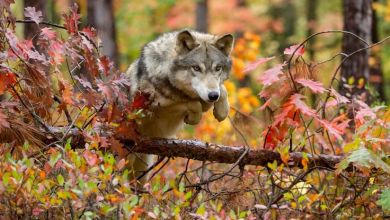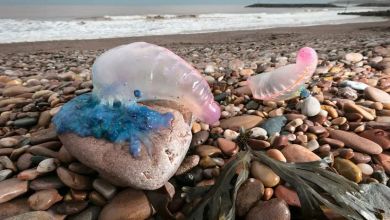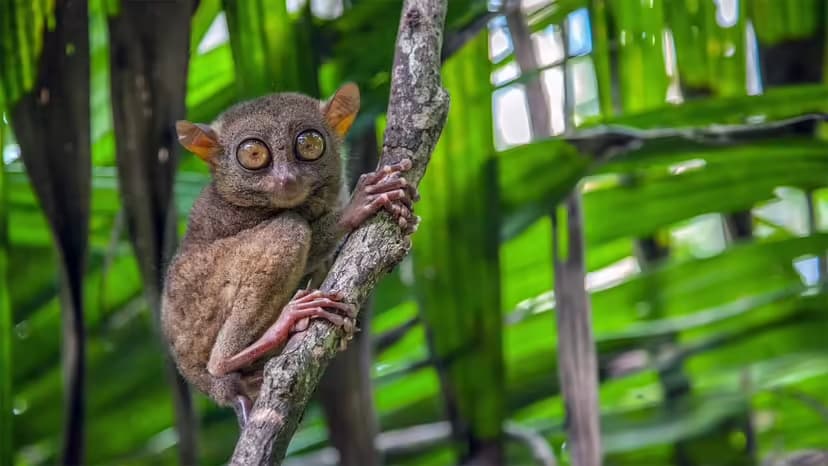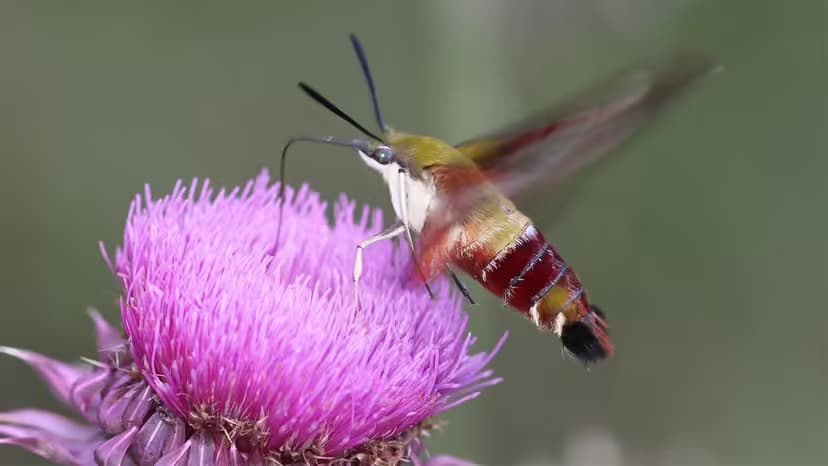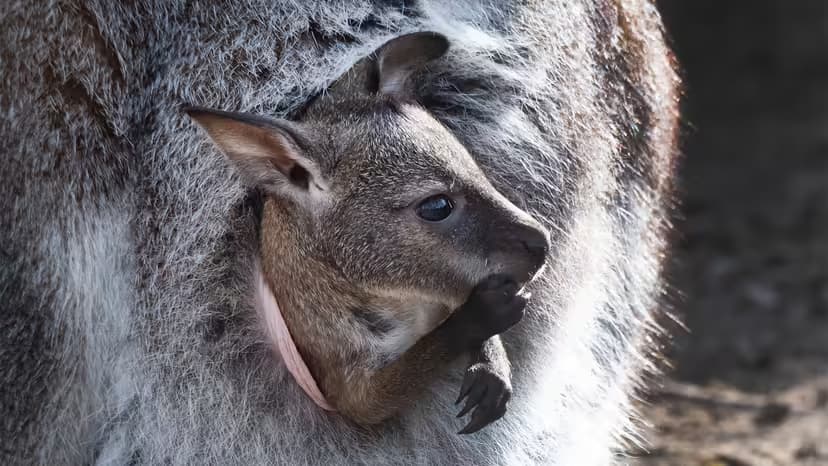Squirrels are attacked during hibernation; No weights needed!
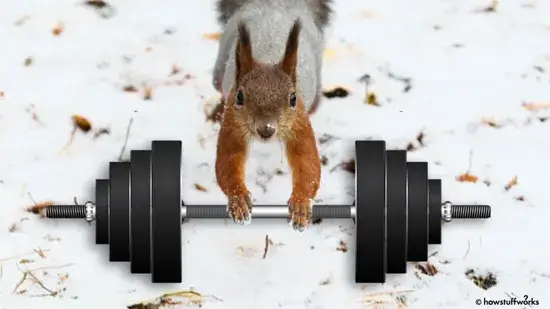
If you, a human, have spent the entire winter napping in bed, it is very unlikely that you will be able to walk out your front door on the first mild day of spring and run a 5K. This is because our muscles have some very specific rules, and one of them is “use it or lose it”. Makes sense, right? Working a muscle allows our body to know what is expected of it, so a human muscle develops practically exclusively through regular use and good nutrition.
This is not the case for all animals, however. Take as an example the thirteen-lined ground squirrel ( Ictidomys tridecemlineatus ), native to the grasslands and prairies of the North American Midwest. This small land dweller hibernates in the winter, but like most winter-sleeping mammals, it wakes up in the spring ready to hunt grasshoppers with the athleticism of a lioness – no training period required.
A study published digitally on January 27, 2022, in Science found that the thirteen-lined ground squirrel is able to build some muscle, even when it's not exercising or taking in nutrients, with the help of a special friend: its gut bacteria.
Researchers in previous studies noted that the fat reserves that hibernating ground squirrels diligently built up during the summer months began to decline sharply in February, and by the time they emerged from their burrows in April, they had lost about 40% from their body. weight of the previous autumn. The squirrels slept soundly and their body temperatures plummeted to match that of their cold little burrows, with their metabolism dropping to about 1% of what it was in the summer months. However, in late winter, leg muscles began to build new tissue.
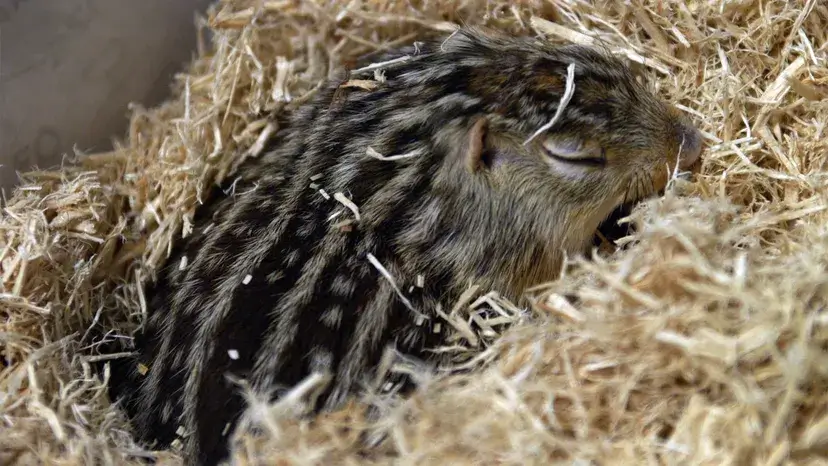
The study published in Science aimed to discover the mechanism that would allow animals that had been deprived of nutrients and movement for several months to build muscle. Scientists have known for some time that there are ways for the body to create the nutrients needed to build muscle – this is sometimes seen in cattle and other ruminant animals. The process is called urea nitrogen recovery and allows the body to retain nitrogen that would otherwise be sent out into the world in the form of urine. Nitrogen is essential for protein production, which is essential for building muscle. However, this process requires something else: an enzyme called urease, which animals cannot produce. But bacteria can.
Researchers have discovered that to find nitrogen to make protein and build enough muscle so that their hind legs aren't a pair of spaghetti after a long winter's nap, ground squirrels rely on specific gut bacteria. The bacteria produce urease that helps squirrels extract nitrogen from their bodies. Microbes also benefit by using the resulting nitrogen to build the proteins they need.
Interested in knowing whether humans might be able to build muscle without eating or working out? It turns out that we have the ability – with the help of our gut bacteria, of course – to recycle a small amount of urea nitrogen. Researchers believe this discovery could have therapeutic applications for helping people stuck in bed due to illness or injury, or for helping astronauts retain muscle mass while in space.
Now this is interesting
For humans, just 10 consecutive days in bed can lead to a 14% loss of muscle strength in healthy elderly people.
